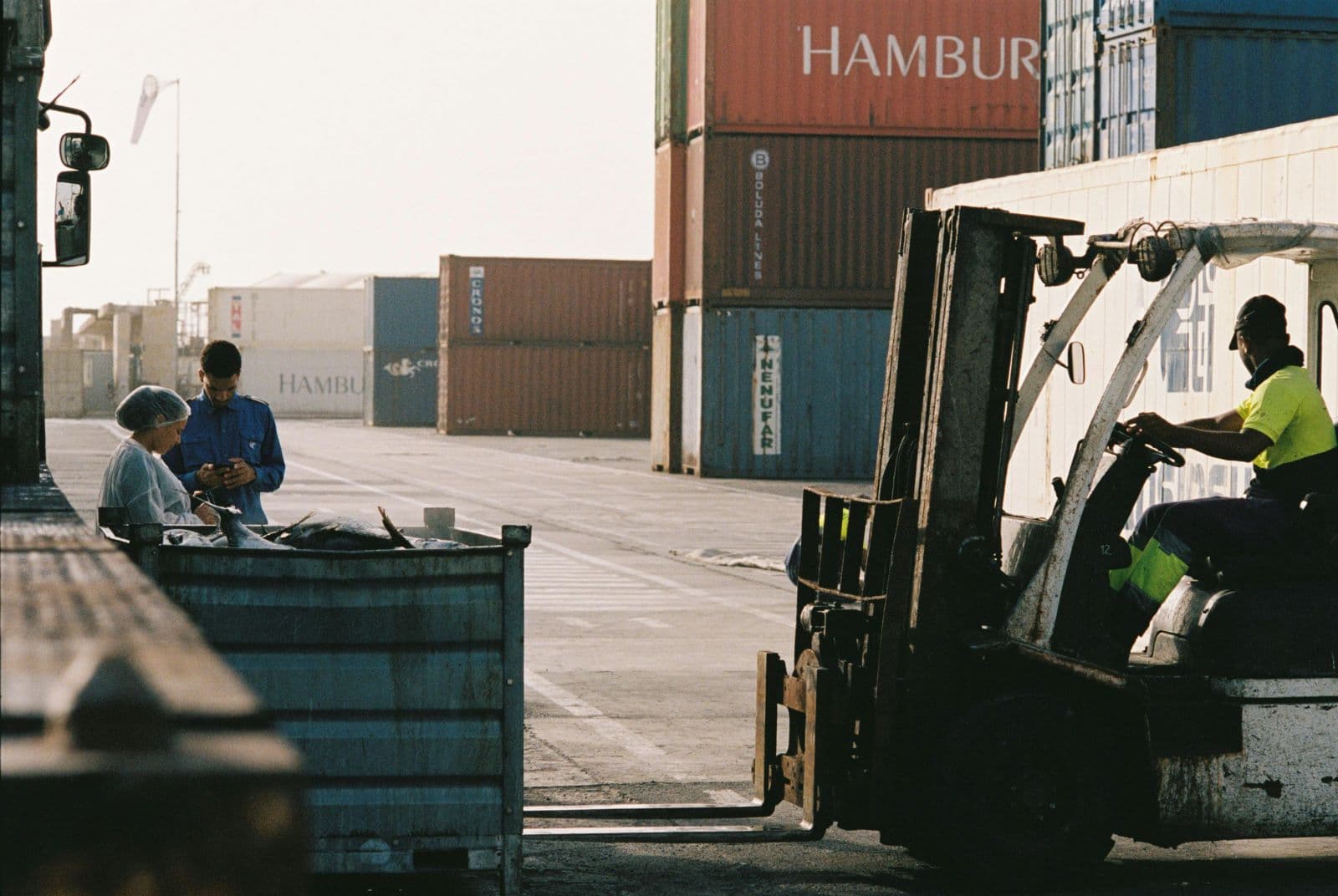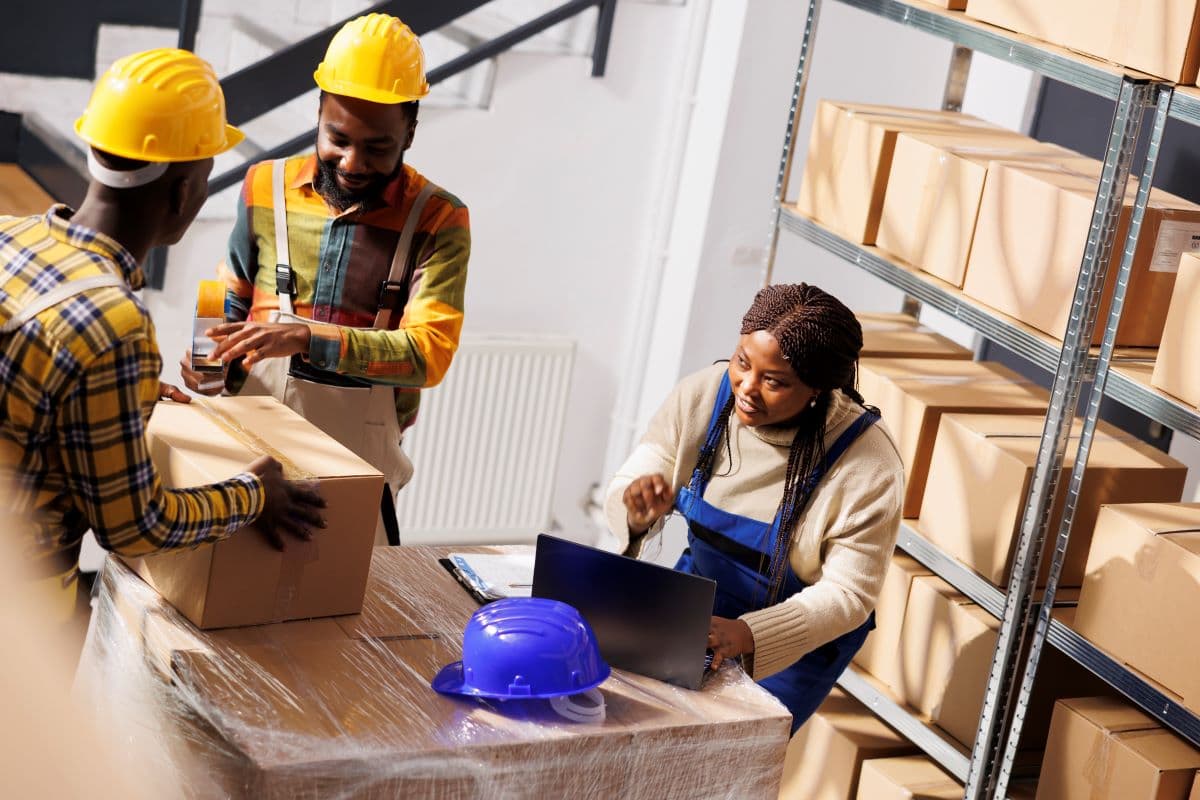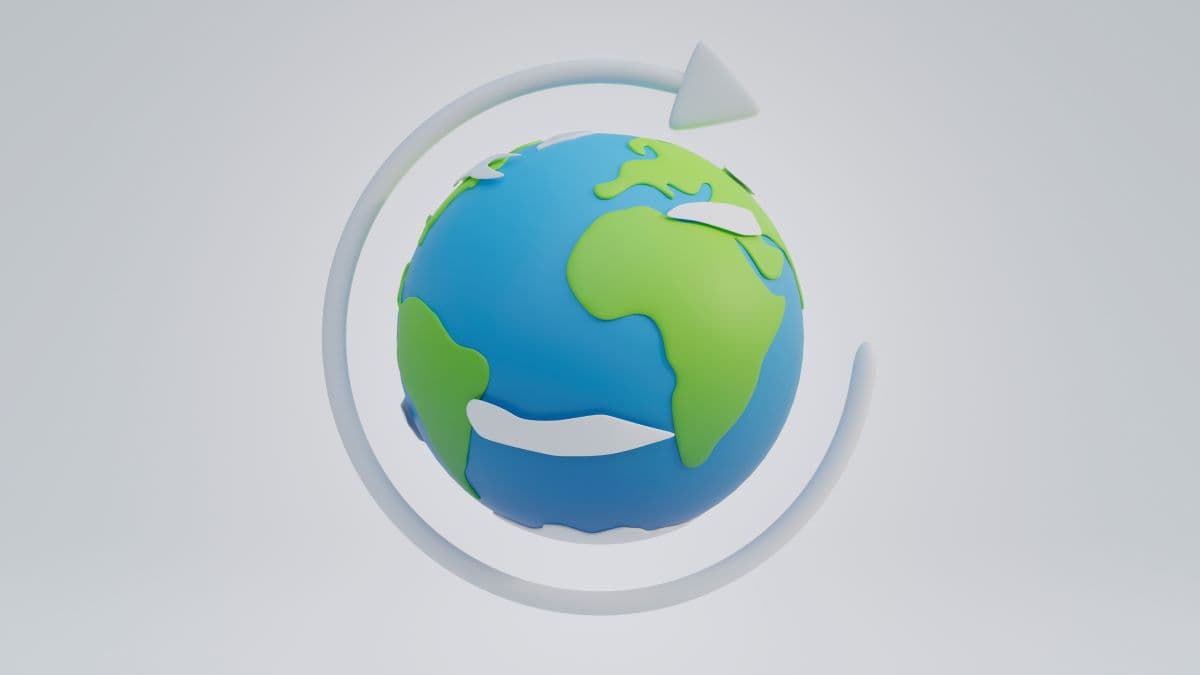
When we think about what economic progress means, we need to go beyond GDP-based growth models and accept a broader idea of "good growth." It's clear that Africa needs to set sail on a path toward growth that benefits everyone, lasts, and is strong enough to handle changes. GDP has been thought of as the best way to measure how well an economy is doing for a long time. But because it only looks at total output, it doesn't take into account important aspects of human happiness and environmental sustainability. As an example, a country may have strong GDP growth caused by extractive businesses or practices that aren't sustainable, which can damage the environment and make society less fair. Nigeria is an example. It makes more oil than any other country in Africa.
Although the country has a high GDP, many people are poor, the environment is polluted, and there is social and political unrest in oil-producing areas. The fact that economic growth and human development don't always go together shows that GDP isn't the only way to measure progress. The GDP doesn't take into account the bad effects that extractive industries have on other people, like the loss of natural resources and the moving of local populations. Also, it doesn't take into account how important it is to put money into programs that help people in need, like education, healthcare, and social aid. These are all important for long-term growth and a better quality of life for everyone. So, to accurately measure progress and make sure a more fair and sustainable future, we need a broader method that takes into account both social and environmental factors.
To truly gauge 'good growth,' we must broaden our scope to encompass a spectrum of indicators that reflect the well-being of society as a whole. The United Nations' Human Development Index (HDI) offers a step in the right direction by incorporating factors such as education, health, and income equality. However, even this composite index falls short of capturing the full extent of human welfare. In Africa, where socio-economic disparities abound, a more nuanced approach is imperative. Initiatives like the African Union's Agenda 2063 provide a framework for holistic development, emphasizing inclusivity, sustainability, and resilience as core pillars of growth.
The gap between economic growth and social justice is one of Africa's biggest problems. Many people across the continent still live in poverty, without access to basic needs or chances to move up, even though the region's GDP has grown a lot. "Good growth" in this situation means making sure that everyone gets an equal share of the benefits of economic gain. If we want to close the wealth gap and make society more cohesive, we need policies that encourage growth for everyone. These include focused social welfare programs, investments in education and healthcare, and help for small and medium-sized businesses (SMEs). Growing economies can make inequality worse and cause social unrest if these steps are not taken. To make life better for those who are on the outside, inclusive growth not only raises living standards, but it also supports long-term economic security and growth. To make sure that everyone has a better and more prosperous future, it is very important for governments and lawmakers to make sure that their economic plans encourage everyone to participate.
It is important for Africa to keep the atmosphere safe and grow economically. In Africa, "good growth" means seeking economic growth while also taking care of the environment. It is possible for sustainable growth to happen on the continent because it has a lot of natural resources, but if they are used without limits, they could make climate change and environmental damage worse. African countries must put green technologies, renewable energy, and conservation efforts at the top of their list of priorities if they want to avoid this impending problem. This will help them plan
for a greener, more sustainable future. Implementing green technologies, such as solar and wind power, can reduce the continent's reliance on fossil fuels and decrease carbon emissions. Additionally, investing in conservation efforts will protect Africa's unique biodiversity and preserve its natural habitats for future generations. By prioritizing these initiatives, African countries can pave the way for a prosperous and environmentally conscious future.
As a reminder of how important it is to be strong in times of crisis, the COVID-19 pandemic showed how weak world economies are. Increasing resilience is very important in Africa because there are many weak spots that need to be fixed in order to handle outside shocks and keep the economy growing. To lessen the effects of unplanned shocks, "good growth" means strengthening important infrastructure, making social safety nets stronger, and encouraging economic diversification. Spending money on people, especially in areas like education and health care, is also a great way to make communities stronger and give them the tools they need to face problems with courage and determination. Strengthening your resilience is important for both dealing with problems right now and getting ready for bigger problems in the future. In order to adapt to changing conditions and make themselves less vulnerable to outside shocks, African countries can encourage new ideas and technology progress. Together, countries can respond to disasters by sharing resources, knowledge, and the best ways to build resilience. This can be done by strengthening regional cooperation and partnerships.
Policy Imperatives for 'Good Growth'
Changing to a new model of "good growth" takes more than just changing the way economic metrics are measured. It also needs a big change in how policies are prioritized and how institutions work. Many African countries are struggling with structural problems like poverty, inequality, and bad government. To achieve "good growth," these problems need to be addressed and new policy approaches need to be found.
To begin, it is important to put money into things like education, health care, and skill development to make sure that economic growth leads to real changes in people's lives. Africa can use its demographic dividend to drive long-term growth by giving its people the information and skills they need. Second, encouraging inclusive growth means removing structural hurdles that keep everyone from having the same chances, especially women, young people, and people living in rural areas. This means making laws that support equal rights for men and women, making it easier for people to get money and access markets, and investing in infrastructure in rural areas to close the gap between cities and rural areas.
Third, encouraging new ideas and business is very important for Africa's growth in the digital age. African countries can skip traditional development paths and create new chances for economic diversification and job creation by using technology and encouraging a culture of innovation. For creating a good environment for "good growth," it is also important to strengthen governance systems and improve openness and accountability. To do this, the government needs to fight crime, support the rule of law, and include both the private and public sectors in the decision-making process. It is important for long-term economic growth that these steps are taken to build investor trust and bring in foreign investment. Investing in education and skill development is also important to make sure that the African population has the tools it needs to do well in the digital age and help the continent's economy change.
On top of that, Africa's progress in the digital age depends on boosting new businesses and ideas. Special Economic Zones (SEZs), like Ghana's Dawa Industrial Zone, support new ideas, make the economy more diverse, and create jobs. African countries can steer clear of the usual ways of developing and instead make new chances for growth that benefit everyone. Offering benefits like tax breaks, simpler rules, and help with infrastructure, SEZs are appealing to both domestic and foreign investors. Additionally, they are centers for new technology and sharing of information, which promotes long-term economic growth. Examples like the Dawa Industrial Zone show how targeted policies can boost growth while also making sure that everyone benefits and the country is strong when foreign shocks happen.
In summary, when rethinking "good growth," it's important to go beyond models that focus on GDP and include sustainability and inclusion. To get fair and long-lasting growth in Africa, we need to stop measuring only output and start seeing how economic, social, and environmental factors are all linked. Strategic investments in education, healthcare, and infrastructure, along with policies that break down systemic barriers and encourage creativity, are needed to make people more resilient. Prioritizing inclusive growth, strengthening government, and encouraging entrepreneurship are all important steps that can be taken to lead Africa to a prosperous future that takes advantage of new technologies, protects its natural heritage, and gives its people more power. To fully realize the continent's transformative potential and make sure a resilient, fair, and long-lasting path of development, we need to take a multifaceted approach based on cooperation and policies that look to the future.
More
updates

How Industrial Parks Are Powering Economic Growth in Africa
Blog∙30th April, 2025

Addressing The Infrastructure Gaps in Sub-Saharan Africa
Blog∙11th March, 2025

Regional vs. National Approaches to Trade Facilitation: Which is More Effective for Africa?
Blog∙11th December, 2024

Earn Big with Dawa Refer & Earn: Unlock Lucrative Rewards for Every Business You Refer!
Blog∙13th November, 2024

Leapfrogging the Growth Trap: Policy Initiatives for Developing Economies in a Globalized World
Blog∙4th October, 2024
